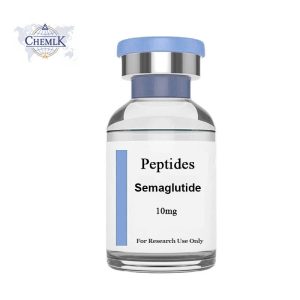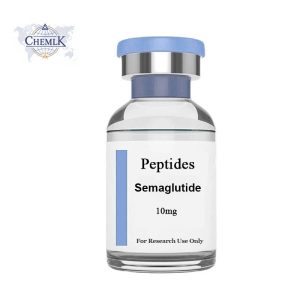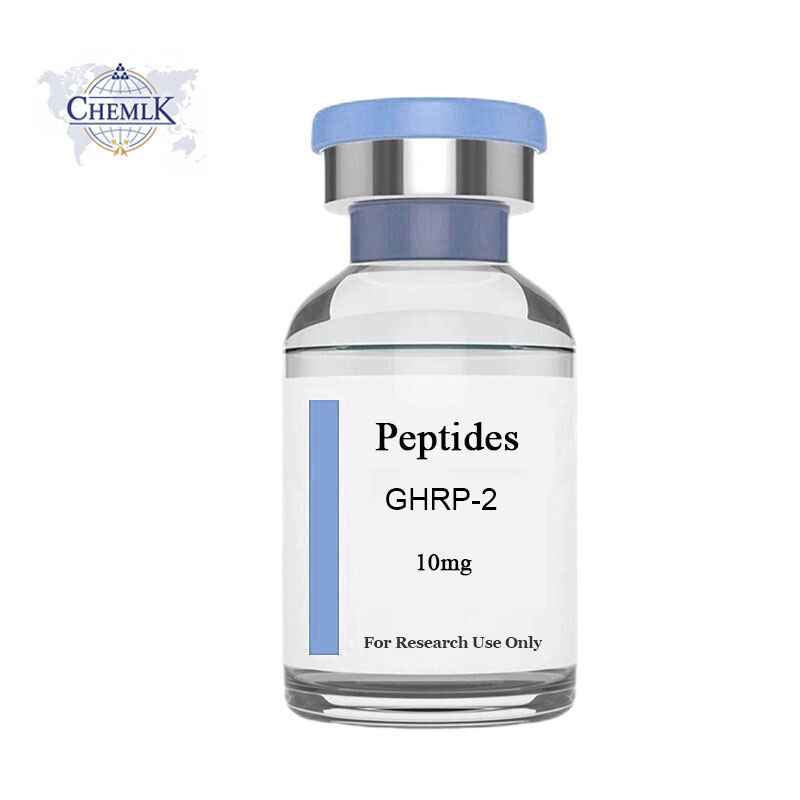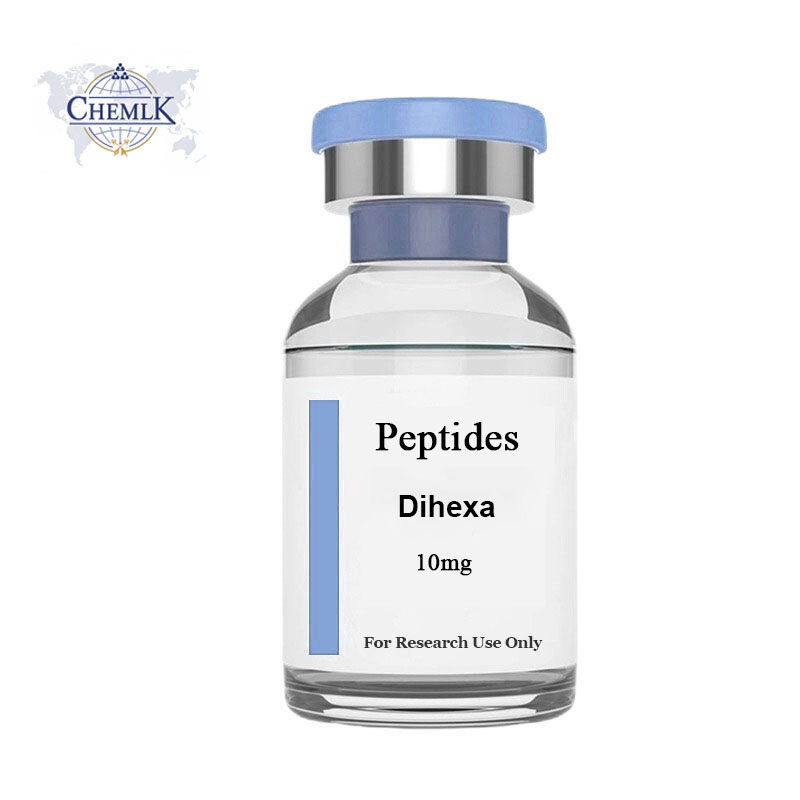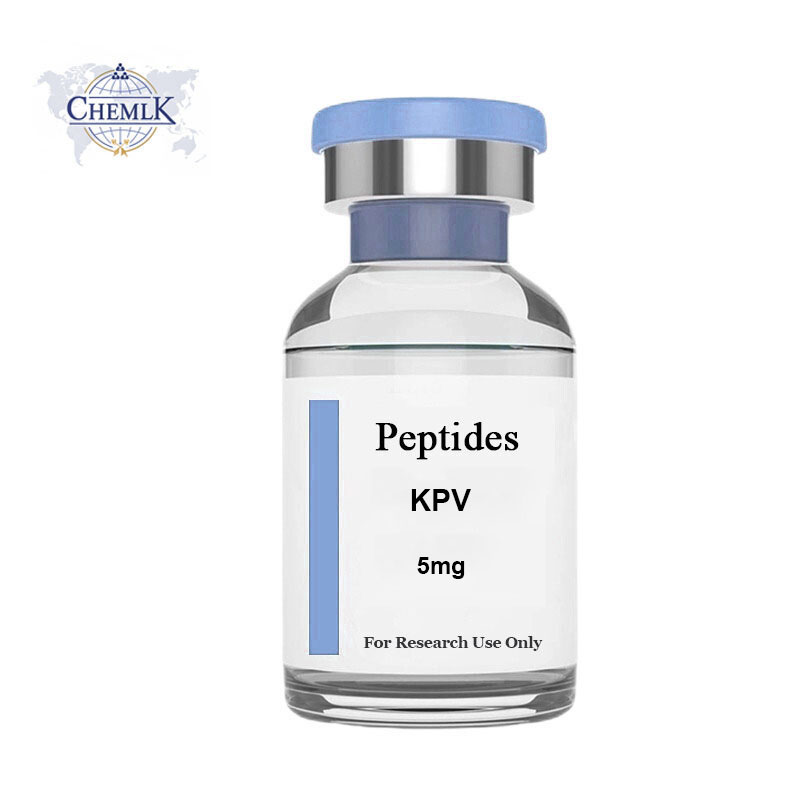 Basic Info.
Basic Info.
| Aspect | Details |
|---|---|
| Model NO. | KPV |
| EINECS | 67727-97-3 |
| Type | Synthesis Material Intermediates |
| Appearance | Powder |
| Quality | Refined |
| Colour | White |
| Content | Standard |
| Usage | Laboratory Reagents |
| Source | Dry Powder |
| Habit Appellation | Fine Chemicals |
| Application | Scientific Research |
| Property | Protein and Peptide |
| Specific Usage | Research Peptides |
| Name | KPV |
| CAS | 67727-97-3 |
| Note | No Tfa Salt |
| From | Authorized Regular Workshop |
| Raw Powder | 1g/Bottle |
| Vials | 5mg, 10mg, 15mg |
| Attention | Research Use Only |
| Transport Package | Customized |
| Specification | 1G/Bottle, 2mg/5mg/10mg per vial |
| Trademark | Chemlk |
| Origin | China |
| Production Capacity | 5kg Per Month |

| Product Name | Chemlk |
| CAS NO. | 67727-97-31111 |
| Other name | Alpha-Msh (11-13) Acetate |
| Appearance | White powder |
| Purity | 98% HPLC |
| Application | Research peptides |
| Shelf Life | 24 Months |
| Storage | Store at a temperature of 2-8 degrees, protected from light. |
KPV is a peptide that is naturally produced in the body. It is found in the hormone alpha-MSH. This relatively newer peptide is an alpha melanocyte-stimulating hormone. The latest research on hormones in this class have shown immunomodulating and anti-inflammatory effects. KPV has many uses with both auto-immune and inflammatory conditions.
This peptide comes as a cream, injectable, and oral capsules. The route of administration depends on what area needs to be targeted. KPV works very well as a topical cream for things such as acne, eczema and psoriasis. In an oral form, it can help with ulcerative colitis, irritable bowel syndrome, and Crohn’s disease. The injectable is used for an overall systemic anti-inflammatory effect.
Anti-Inflammatory
An overwhelming body of clinical evidence suggests that KPV exerts its strong anti-inflammatory properties through various important mechanisms. KPV exerts its anti-inflammatory function inside cells, where it inactivates inflammatory pathways. KPV can enter the cell and interacts directly with inflammatory signaling molecules. It enters the nucleus of the cell and once it’s there, it can inhibit the inflammatory substances and molecules. This leads us to the many benefits KPV has on the gut.
KPV can stop the proinflammatory mechanisms in both intestinal epithelial cells and immune cells. It can interact directly with immune cells which can reduce inflammation. KPV significantly decreased inflammation in colitis. It decreases the inflammatory response by inhibiting proinflammatory cytokine (molecule) synthesis and secretion. KPV may help in the case of IBDs through inhibited immune responses.Taken orally, KPV decreases pro-inflammatory cytokines which can reduce the incidence of colitis.
Anti-Microbial
KPV also has antimicrobial effects against pathogens. Its antimicrobial effects were demonstrated on two major pathogens called S. aureus and C. albicans. In one study, KPV significantly inhibited S. aureus from forming colonies. KPV, with its anti-inflammatory and anti-microbial properties, can be very helpful for combatting these microbes and healing wounds.
Wound Healing/Skin
Research in wound healing shows KPV can speed wound healing, reduce infection, fight inflammation, and lead to better cosmetic results. These benefits occur at physiologic concentrations which means KPV could help prevent infection in the setting of serious wounds like burns.
KPV is able to reduce the kind of inflammation that leads to a hypertrophic scar (keloid) formation. Administering KPV (a-MSH) in this setting leads to smaller scars and less drastic inflammatory response. Part of the benefit in reducing scar prominence appears to come from its ability to modulate collagen metabolism.
KPV has significant antimicrobial and anti-inflammatory properties especially in those with psoriasis. In people with psoriasis, KPV has shown to limit symptoms of the condition including itchiness, dryness, redness, peeling, and more. Therefore, KPV could be used for an extended period of time without risking the unwanted complications of long-term steroid therapy.









Quick Links
